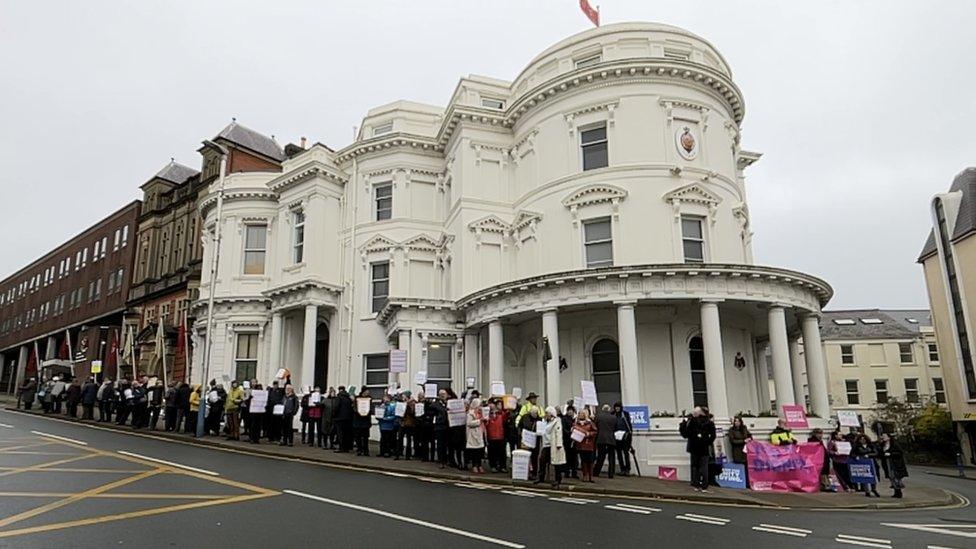MHKs back five-year residency for assisted death
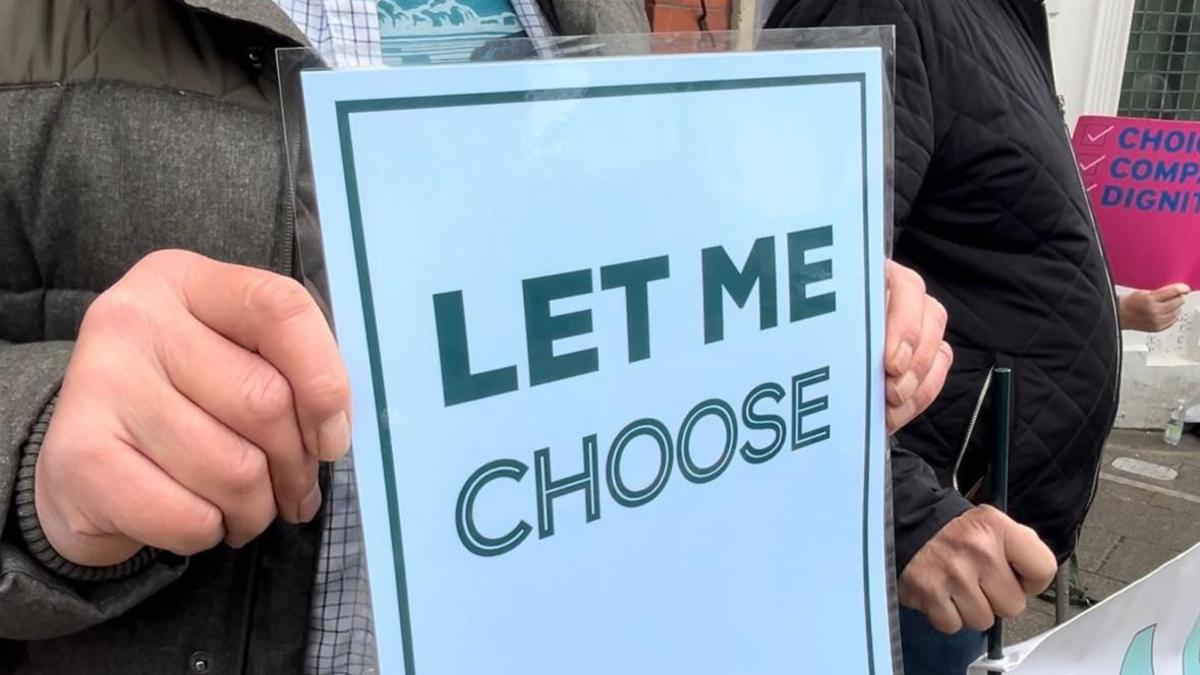
About 20 campaigners supporting the bill demonstrated outside the House of Keys
- Published
The residency criteria for an assisted death under proposed new Isle of Man laws has been increased from one year to five following a vote in the House of Keys.
Members have begun debating the clauses of the Assisted Dying Bill 2023, which passed its second reading in the House of Keys in October.
Other changes to the proposed legislation backed by MHKs would see the life expectancy criterion increase from six months to 12 and the bill's wording surrounding coercion strengthened.
During the debate, Chief Minister Alfred Cannan also confirmed he would bring forward an amendment that could see the proposals put to a public vote.
He told politicians that there "comes a time and a place when the people need their say".
'Serious concerns'
A committee of MHKs previously found it would be “insufficient” for terminally ill people people to have to be “ordinarily resident in the island for not less than one year”.
Putting his amendment politicians, Rob Callister MHK said he had "serious concerns" further "strain" would have been put on the health service, housing market and infrastructure if people moved to the island to "take advantage" of the existing bill's proposed year-long residency requirement.
The move was backed by members despite concerns from Lawrie Hooper MHK that those who move to the island and received a terminal diagnosis within five years would be excluded.
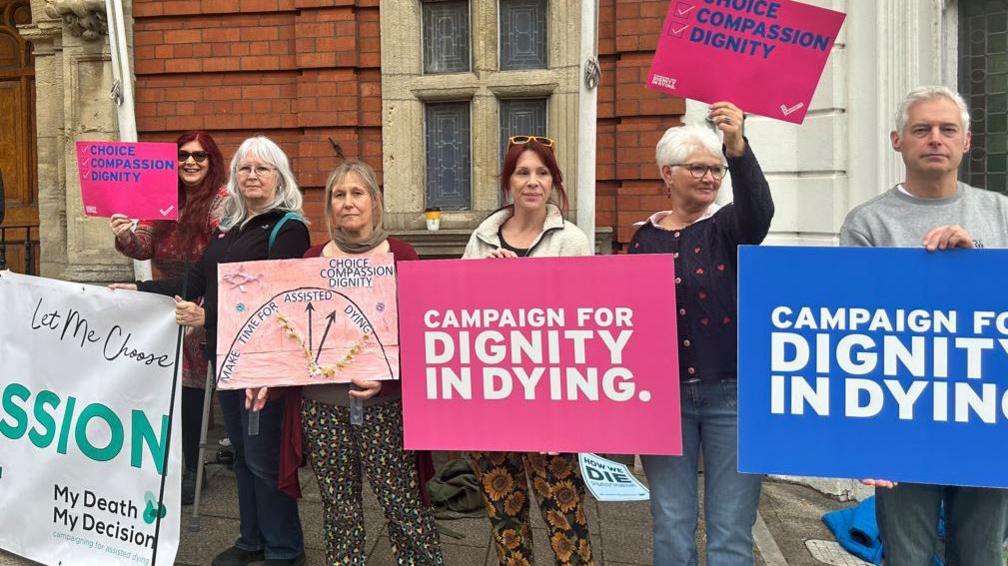
Campaigners in support of the bill held up signs ahead of the clauses debate
The debate, which also featured evidence from two doctors and a lawyer, saw about 20 people in support of the bill hold a demonstration outside the House of Keys building prior to the sitting.
Lawyer Charles Foster highlighted areas where he believed the proposed laws may contravene the European Convention on Human Rights, such as article 2, which maintains "everyone’s right to life shall be protected by law".
Legally "it may not be in the interests of island to be regarded as a death island" in terms of reputation, he told MHKs.
But Jacky Davis, a doctor who represents healthcare professionals from the Dignity in Dying campaign, said the option should form part of a "spectrum" alongside palliative care.
If the laws were introduced "no more people will die, but fewer people will suffer", she said.
'Without coercion'
Mr Hooper's change to the bill to give those with less than a year to live, instead of the originally proposed six months, the right to die was also backed by politicians.
While Julie Edge MHK raised concerns "no doctor can ever say for definite how long a person will live", former nurse Clare Barber MHK said the extension would "allow time for the patient to determine what is best for them at a time when time truly is slipping away".
Shortening the period to three months, as suggested Andrew Smith MHK, could "push people to make decisions to potentially doesn't allow that time for consideration", she added.
Politicians also agreed the bill should include the words the decision had been reached "voluntarily without coercion or duress" when requesting lawful assistance to end their own life.
A further 12 clauses are set to be debated at future sittings of the House of Keys.
If the bill passes the clauses stage it is expected to be brought forward for its third reading before the summer recess.
Why not follow BBC Isle of Man on Facebook, external and X, external? You can also send story ideas to IsleofMan@bbc.co.uk
Related topics
- Published23 April 2024
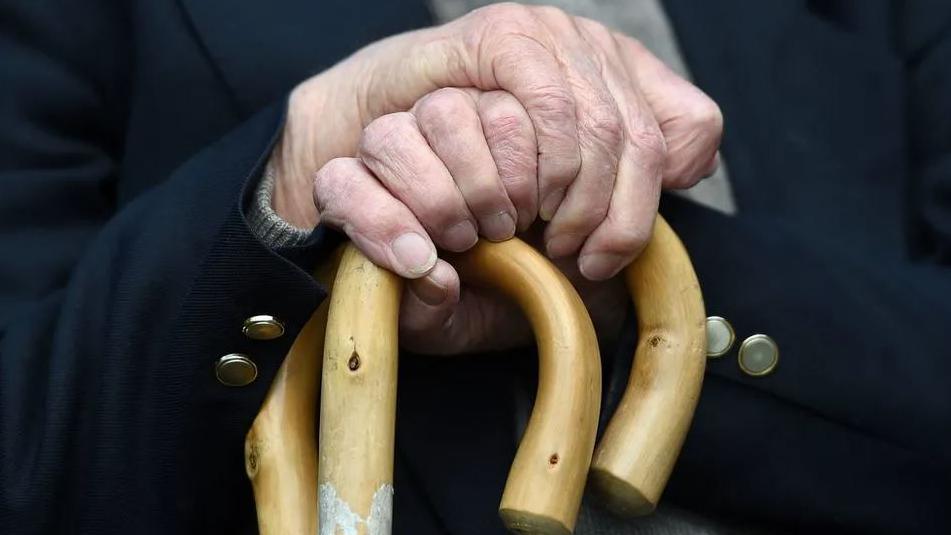
- Published2 April 2024

- Published28 March 2024
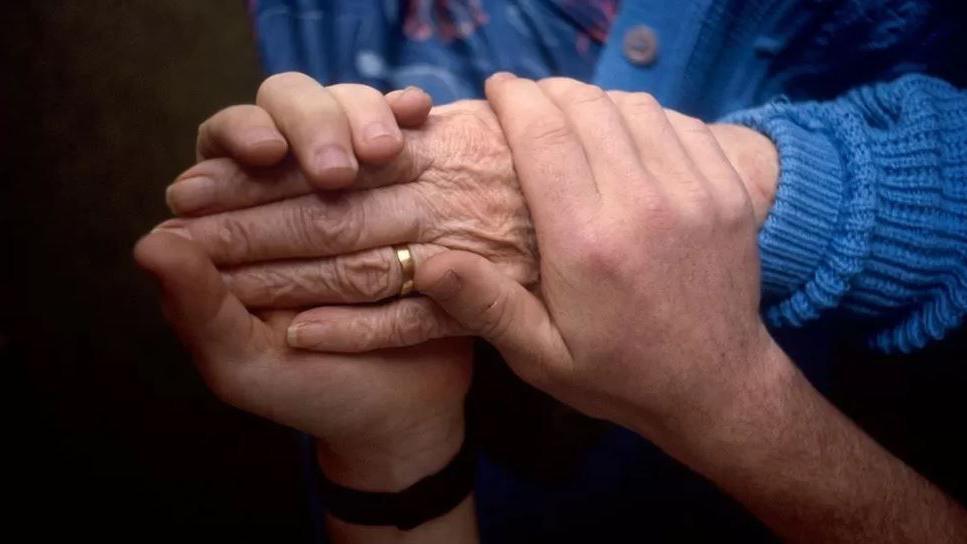
- Published27 February 2024
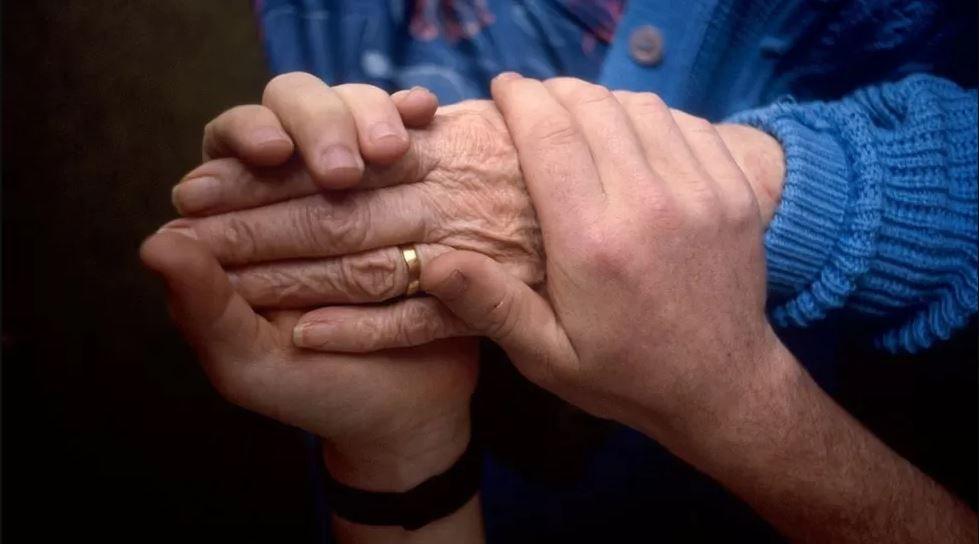
- Published7 November 2023
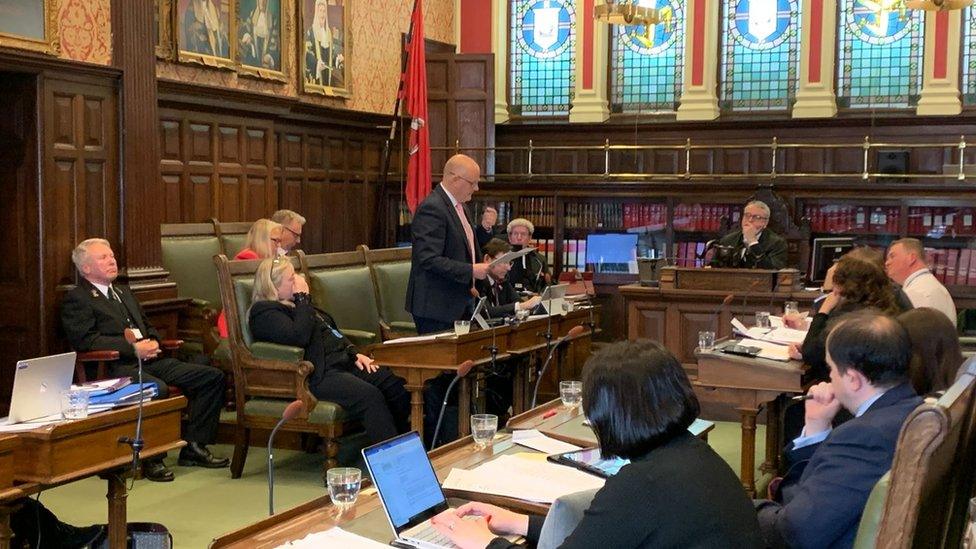
- Published7 November 2023
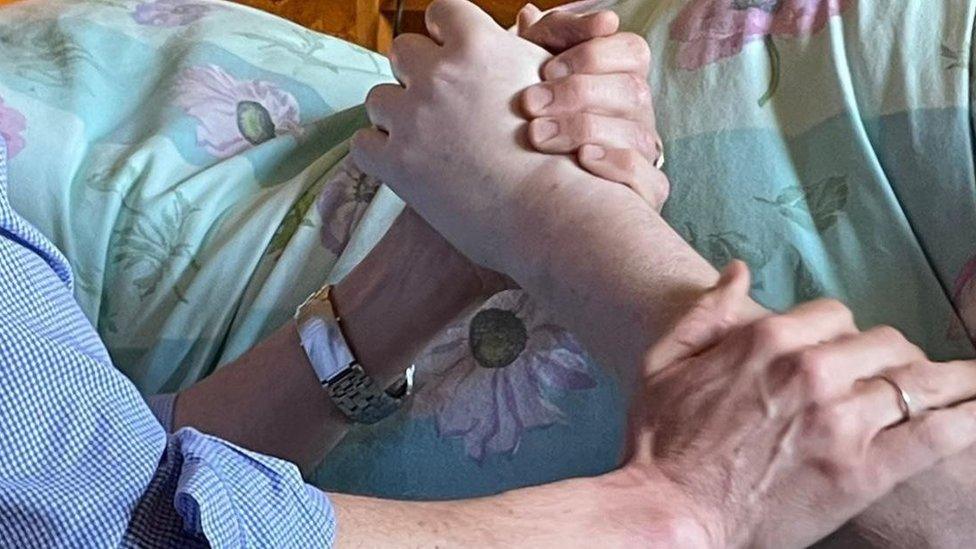
- Published1 November 2023
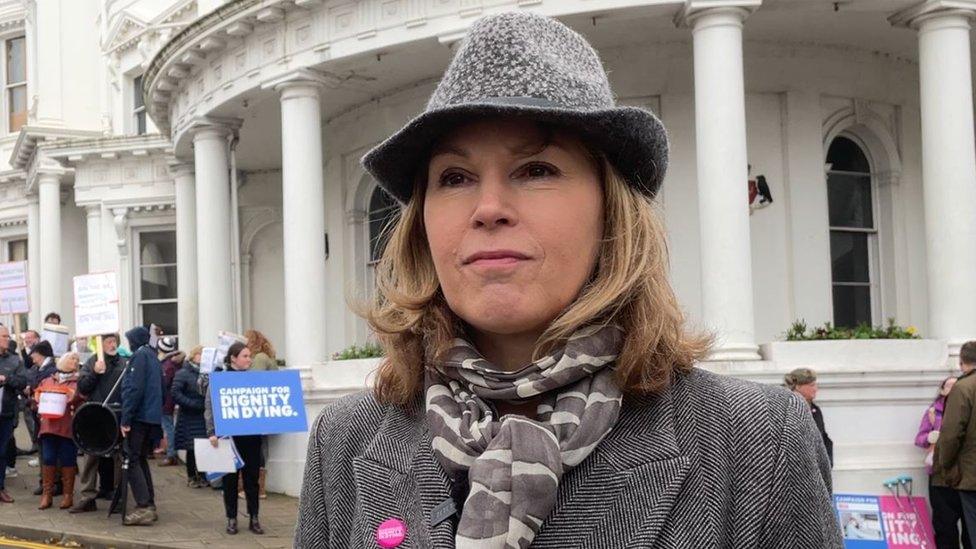
- Published31 October 2023
